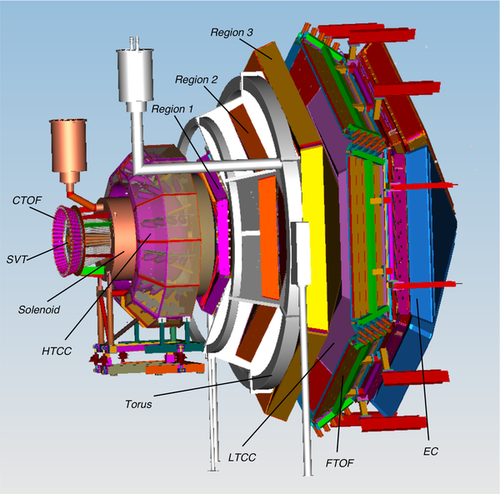KPP Run
From clas12-run
Jump to navigation
Jump to search
[edit]
|
| |||||||||||||||||||||||||||||||||||||||||||||||||||||||||||||||||||||||||||||||||||||||||||||||
- Note, all non-JLab numbers must be dialed with an area code. When calling from a counting-house landline, dial "9" first.
- To call JLab phones from outside the lab, all 4-digit numbers must be preceded by 757-269
- Click Here to edit Phone Numbers. Note, you then also have to edit the current page to force a refresh.
Click Here to edit Phone Numbers. Note, you then also have to edit this page to force a refresh.
CLAS12 KPP run, February 3 to March 3
Beam energy 6.4 GeV (3 pass)
Important: Document all your work in the logbook!
Very Successfull Run
RC: Stepan Stepanyan
- (757) 575-7540
- 9 575 7540 from Counting Room
PDL: Eugene Pasyuk
- (757) 876-1789
- 9 876-1789 from Counting Room
Run Plan for February 4-5, 2017 :
Plan:
Important Notes:
|
General Instructions:Locking up the hall
Establishing Acceptable Beam Conditions:
Setting up the FSD threshold
hpsrun@clonpc11> /home/hpsrun/scripts/FSD/Calc_FSD_Threshold.exe
|
Every Shift:
|
Every Run:
|
|---|
Webcams |
Manuals |
Epics on the web
|
Retrieved from "https://wiki.jlab.org/clas12-run/index.php?title=KPP_Run&oldid=7774"
